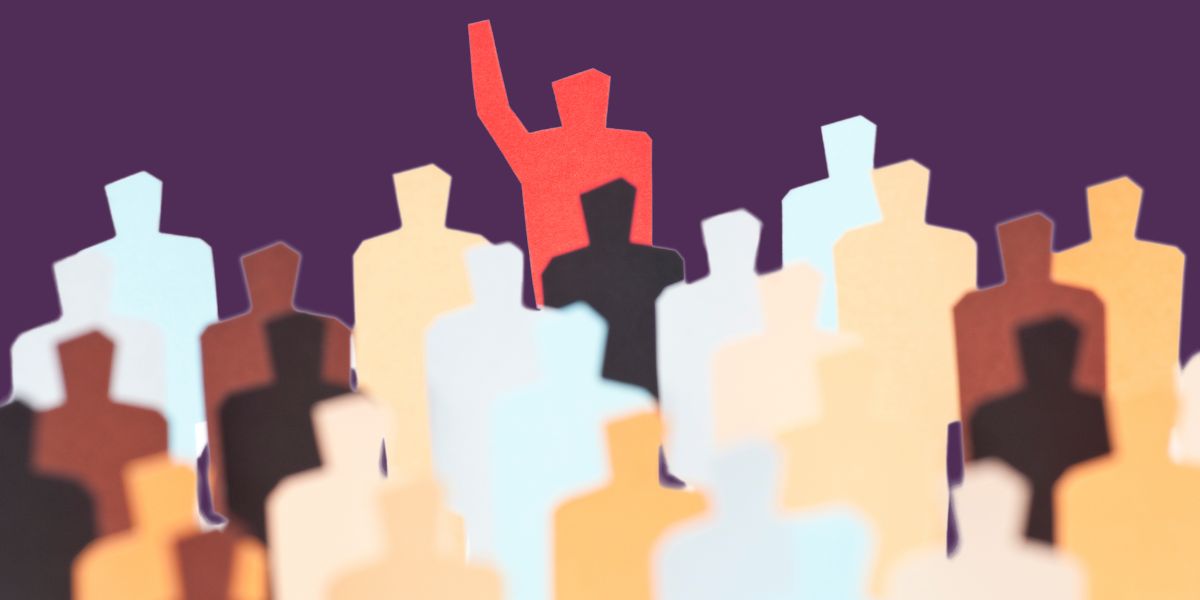
12 Jun 2024
Impactful Leadership Development Begins and Ends with Mindset
Many leadership development initiatives still heavily rely on content-rich and theoretical frameworks that often fall short of delivering practical, lasting results. As a result, there is a growing need for a more holistic approach—one that integrates mindset, skill set, and toolset to cultivate effective, agile leaders.
Traditional leadership programmes are proving increasingly inadequate. At Mantle, we have observed that many leadership development initiatives still heavily rely on content-rich and theoretical frameworks that often fall short of delivering practical, lasting results.
As a result, there is a growing need for a more holistic approach—one that integrates mindset, skill set, and toolset to cultivate effective, agile leaders.
Traditional leadership programmes are often marred by an outdated “educational bias.”
These programs emphasise theoretical knowledge over practical application, resulting in a disconnect that impacts meaningful development. Research indicates that such programmes may only benefit a small fraction of participants—approximately 1 in 6 learners—highlighting the need for a shift in approach.
One primary reason for the mixed responses to leadership training is the lack of application.
Many programmes fail to consider the contextual needs of individual leaders, leading to a disconnect between what is taught and what is applicable in real-world scenarios. This gap often results in a lack of motivation and engagement from participants, further diminishing the effectiveness of the training.
We are strong believers that effective leadership development begins and ends with mindset. Learning is inherently voluntary; therefore, leaders must be motivated to improve.
This motivation stems from a growth mindset—a willingness to embrace challenges, learn from failures, and persist in the face of adversity.
Developing a growth mindset is crucial for fostering a culture of continuous improvement and innovation. Leaders with a growth mindset are more likely to adapt to changing circumstances, embrace new technologies, and inspire their teams to achieve greater levels of performance. This mindset shift is not merely about positive thinking but about fundamentally altering how leaders perceive challenges and opportunities.
Integrating Mindset, Skill Set, and Toolset
To drive impactful leadership development, we integrate three essential elements into our programs:
- Mindset: Mindset refers to the attitudes, beliefs, and perspectives that shape an individual’s approach to learning and growth. A growth mindset is characterised by the willingness to learn, embrace challenges, and persist through setbacks. Cultivating this mindset involves activities that promote self-reflection, resilience, and a positive attitude towards continuous learning.
- Skill Set: Skill set encompasses the specific abilities, competencies, and expertise required for effective leadership. This includes both technical skills, such as data analysis and project management, and soft skills, like communication, critical thinking, and teamwork.
- Toolset: Toolset refers to the resources, technologies, and methodologies that support learning and skill development. This includes training materials, e-learning platforms, simulations, hands-on exercises, and mentorship programmes.
Let’s Explore a Real Life Example:
Situation: A company’s leaders were struggling with resistance to change, primarily due to a fixed mindset that viewed new technologies as threats rather than opportunities.
Solution: We would begin by conducting mindset workshops that focused on shifting perspectives towards a growth mindset. Leaders were encouraged to view challenges as opportunities for growth and to embrace the potential of new technologies.
Then we would identify specific skill gaps through a comprehensive analysis. This includes both technical skills related to the new technologies and soft skills such as change management and effective communication.
Finally, we would provide a robust toolset that included access to e-learning platforms, real-world simulations, and ongoing mentorship. Leaders can engage in practical exercises that allow them to apply new skills in a controlled environment, building confidence and competence.
Outcome: As a result, the leadership team becomes more open to adopting new technologies, leading to smoother integration and enhanced performance. The shift in mindset, combined with targeted skill development and supportive tools, empowers leaders to drive innovation and lead their teams more effectively.
At Mantle, we are dedicated to designing leadership development programmes that deliver ongoing value. If you’re interested in developing a leadership program tailored to your organisation’s needs, contact us today to learn more.
